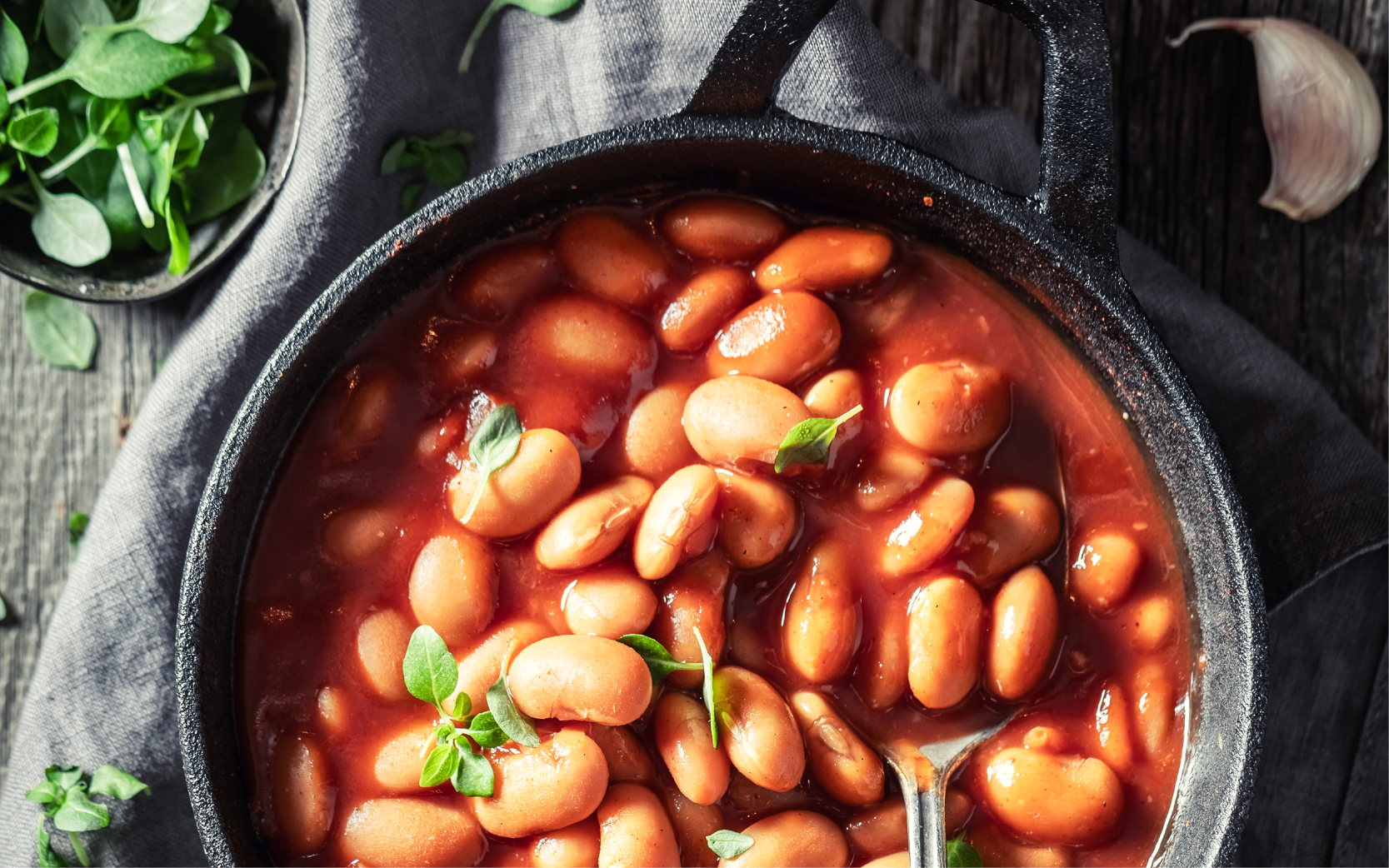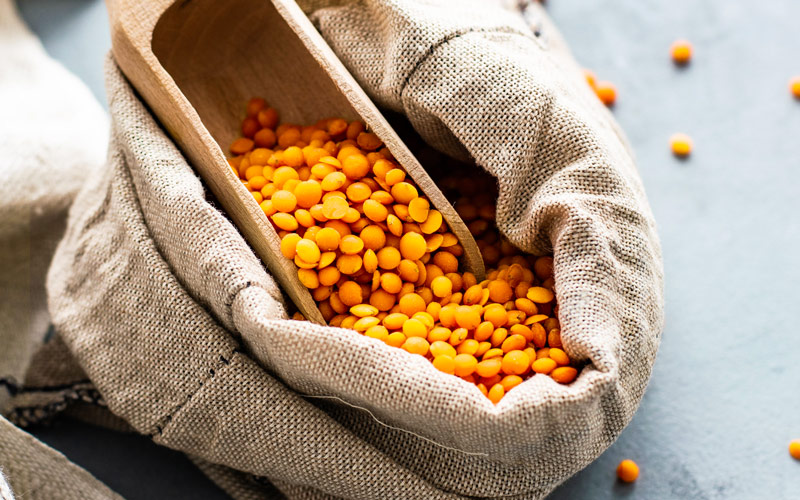Entering the Storm

April has been a defining moment for British household finances as a rather unholy trinity has kicked in: Home energy costs rose substantially at the start of the month, followed by a step up in national insurance contributions. After much speculation, we’re also now experiencing a demonstrable increase in food prices.
Current inflation is the amalgam of a number of key processes: not only has the war in Ukraine exacerbated prices, but the Bank of England has also failed in its duty to citizens – its nose has been led by markets, not economies.
But markets are not irrelevant to economies, far from it in fact. They are an important component of economies, but for too long now they have served the most wealthy in society.
The outcome?
Well, when economies dip, it is the majority of people – many without investments and wealth – that suffer from the decline in living standards.
With the complacent and out-of-touch Bank of England accepting a 2022 peak in inflation of over 10%, it will not be the managing directors of asset management companies, investment banks and private equity firms that will be counting the pennies. They won’t be the ones considering whether to buy a can of branded or private label baked beans. No. It will be the millions of ordinary households stretching from Penzance to Wick who will feel the pinch.
With inflation now 5 times the 2% that the Bank of England initially predicted, the British economy has to slow down to control price appreciation.
That deceleration process is not easy, far from it. Nor does it tend to be quick.
By way of backdrop, this deceleration also comes against the context of virtually full employment, with over 1.3m vacancies, and record house prices across the UK.
This slow down will mean that the labour and housing markets will have to turn down. Expect these processes to capture the headlines over the next year or so.
Price wars
At the same time, everyone has to eat. And so food markets will clearly be more resilient than non-discretionary categories. However, they most certainly will not be immune to the present economic challenges. Not least because food inflation is a major component of the challenges faced by millions of households at this time. And it is families that are particularly challenged by the material rise in the price of essentials.
Those pressures are evident in the evolving trading strategies and tactics of the Big Four supermarkets, who are very alive to the cost of their prior complacency.
The price matching pledges with Aldi, by Sainsbury’s and Tesco, alongside the price stability, coupons, vouchers, and promotions featured in the current Asda, Morrisons and Marks & Spencers’ offers, all speak to a clear awareness that value is now at the fore of both consumers’ and supermarkets’ minds.
Despite this, the current squeeze on household expenditure will mean that traditional discounters who are better known for their value offers, will continue to benefit from additional footfall. With all of this combined, we are clearly seeing that the gross profit of many supermarkets is under pressure.
That pressure has manifested in Shore Capital’s recent downgrading of the financial expectations for three “staple” stocks: Associated British Foods, Sainsbury’s and Tesco. In March 2022, Morrisons also warned of a tougher year to come. If these types of companies’ earnings are under pressure, then it only suggests that there is considerable challenge throughout the food system. If they’re struggling, we can only presume that smaller businesses that feed the supply chain will feel an even tighter squeeze.
There was already concern about the direction of travel in food commodity markets in 2022 before the heinous invasion of Ukraine by Russia; that invasion and the subsequent dislocation of people is now pouring more fuel on an already well-burning fire.
Weathering the storm
Despite this, a sense of perspective is always important and not every household will be captured by the pending economic downturn; albeit recession is on the way.
One positive note is that by navigating more straitened times, inflation should come back under control, enabling the food system to enter calmer waters. We can only hope that the Bank of England remembers to do right by the British people and steer the ship in their direction.
In the meantime, the food system needs to work its way through high input and operating costs, alongside weakening aggregate demand. In such markets, firms need to make sure that when making changes, they focus on fat over meat and bone and that they are thinking strategically, in the knowledge that there will be another side to the inflationary mountain that the UK is currently facing.
The outcome of such work is likely to be that firms will face increases to their cost bases, with labour set to be a key focus of attention given the recent lack of availability and price issues. These issues are likely to turn the jobs market down quite quickly.
In these contexts, Coriolis is a force for good for companies that need assistance on the ground. As opposed to being presented with costly schematic diagrams and disappointment when it comes to execution, we can quickly identify where efficiency can be ascertained and extracted.
If you need help from a team that is likely to speak your language, then give Mark Dudley a call today on +44 (0)8452 26 33 64.
Dr Clive Black
Senior Advisor
Coriolis Consulting








